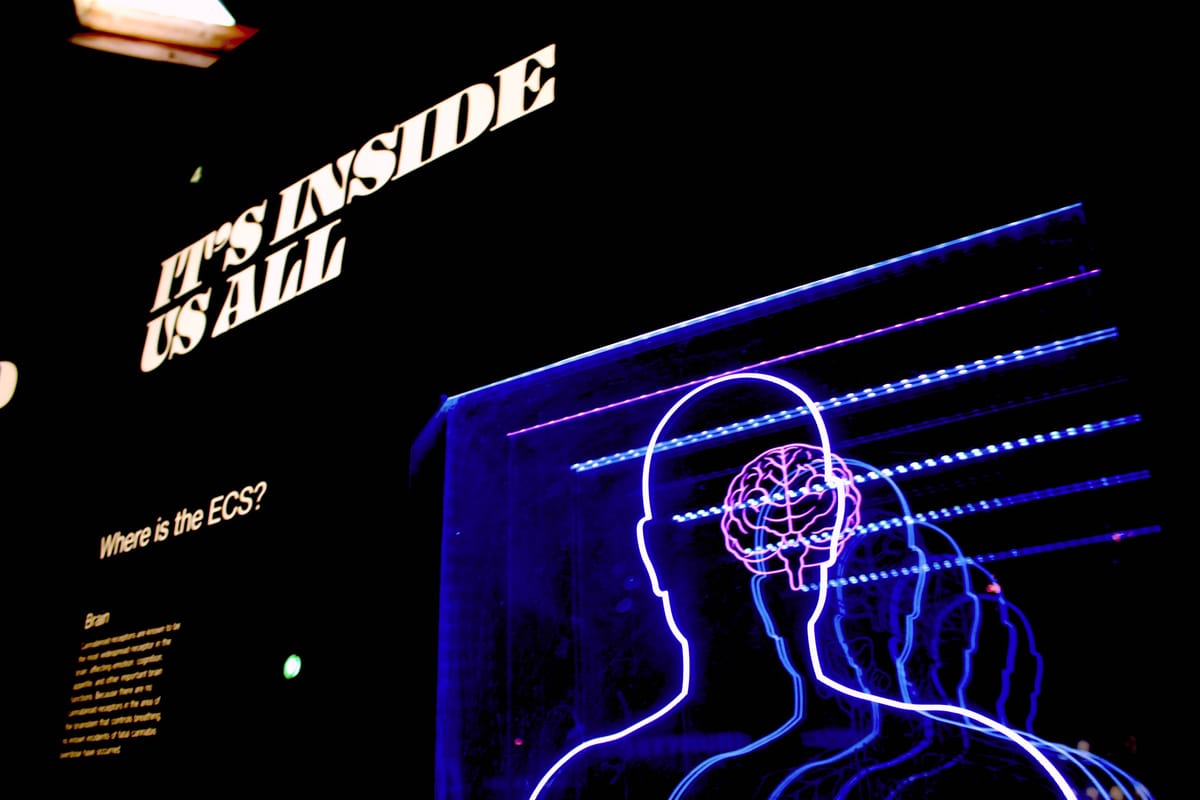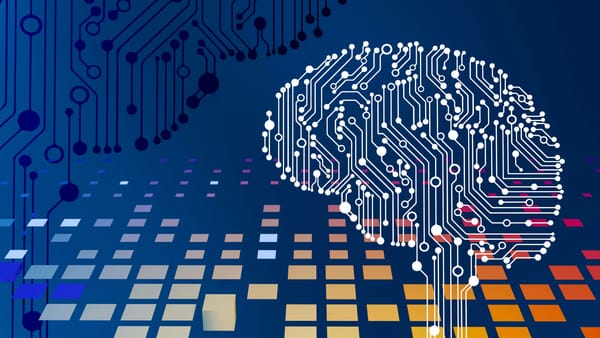Exploring the transformative power of AI has become essential for those of us looking to stay ahead in a rapidly evolving marketing environment.
I'm Katherine Lamb, a marketer with a rich background in leading global and regional teams across various sectors, including financial services and technology consulting. Throughout my career, I've been fascinated by the potential of digital transformation and how AI tools can be integrated into the marketing toolbox to revolutionize the way we engage with customers.
In this article, I’ll share insights into the impact of AI on jobs in marketing, delve into practical applications of AI across the marketing lifecycle, and offer guidance on how businesses can start integrating this powerful technology.
AI's presence and impact
Let's begin with what might seem obvious but is worth highlighting: AI is already deeply embedded in our daily lives, far more than we might realize.
It personalizes our social media feeds, recommends movies on Netflix, suggests products on Amazon, and secures our banking transactions against fraud. AI, particularly through machine learning models, is driving innovation across numerous industries, from healthcare to the development of electric vehicles.
However, the landscape of AI is continuously evolving, and one of the most significant advancements has been in the field of generative AI. Generative AI stands out due to its ability to process vast amounts of data and quickly generate outputs, whether in text, images, videos, or other media forms.
While many may have heard of ChatGPT, there exists a plethora of tools using generative AI for creating not just text but images, videos, music, and even robot actions. The implications for content creation are profound, signaling a transformative shift in how we approach marketing strategies.
Consultancy firms like Bain & Company have identified key areas where generative AI is making significant inroads. Notably, customer engagement and marketing content are two domains where its impact is most pronounced in the marketing sphere.
The ability of AI to provide fast, accurate, and friendly responses to customer inquiries offers the potential to enhance customer service significantly. Imagine a virtual assistant capable of comprehensively understanding every aspect of your product, policies, and customer history, thereby providing superior service than a human could, all while maintaining a brand-consistent tone.
This brings us to the anticipated major shifts in marketing driven by AI, with customer experience and content creation at the forefront. Early adopters in these areas are not only capturing attention but are also setting the stage for a revolution in how marketing functions operate.
Despite concerns over job displacement in fields like copywriting, I believe the future isn’t about replacing human creativity but augmenting it, enhancing our capabilities to deliver exceptional customer experiences and create content that resonates deeply with our audiences.
Rethinking search in the age of AI
One aspect of AI's impact that may not be immediately obvious is how it's beginning to reshape the dynamics of search engines and social media platforms, which are increasingly used as search tools.
The current ecosystem, dominated by giants like Google, is heavily influenced by advertising revenues. Their business models prioritize content not necessarily based on relevance or quality, but on who has the means to pay for visibility.
This creates a landscape where appearing on the first page of search results often requires a sophisticated marketing operation, adept in SEO strategies and content optimization, underpinned by significant investment in both resources and skills.
In this system, advertisers wield significant power over what information reaches the public, influencing not only consumer behavior but also perceptions of truth. This has far-reaching implications, as the content that surfaces at the top of search results can shape public discourse and opinions.

Generative AI introduces a radically different model. Unlike traditional search algorithms that rank content based on factors like SEO, pay-per-click advertising, and other monetary influences, generative AI seeks to synthesize information from a broad spectrum of sources to generate a singular, comprehensive answer.
Its methodology isn’t predicated on financial incentives but on analyzing and interpreting vast datasets to determine what it considers the most accurate response.
While it's acknowledged that generative AI's accuracy might currently hover around 60-70%, often resulting in amusing inaccuracies, the technology is rapidly evolving. Its potential to disrupt the traditional search model lies in its inherent design to improve over time through learning and adaptation.
As generative AI becomes more refined, we can anticipate a significant transformation in how search functions operate, moving away from advertiser-driven results to those grounded in a more objective analysis of available information. This shift not only promises to change how we discover and interact with content online but also has the potential to redefine our collective understanding of truth in the digital age.



 Follow us on LinkedIn
Follow us on LinkedIn



